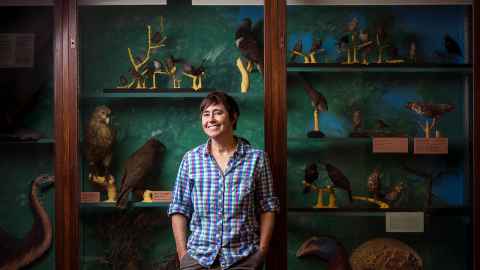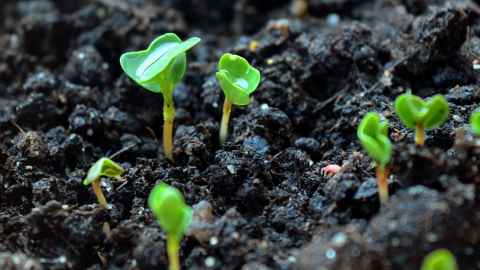
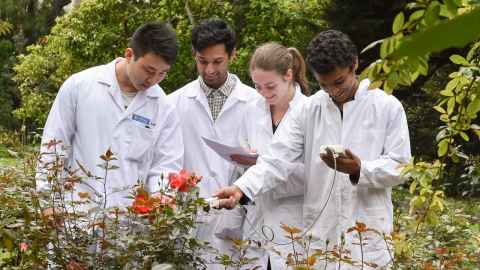
We have diverse course options and perform research that spans the spectrum of biology from atoms and molecules to ecosystems.
Haere mai | Welcome
Explore the variety of undergraduate and postgraduate study options we offer in Biological Sciences.
Hōpara kōwhiringa | Explore options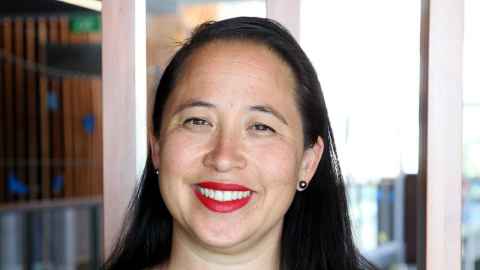
Meet our students and graduates and find out where their Biological Sciences degree has taken them.
Pānui tonu | Read more
We operate cutting edge research facilities and services supporting both academic groups and co-located companies.
Tūhuratia | Discover more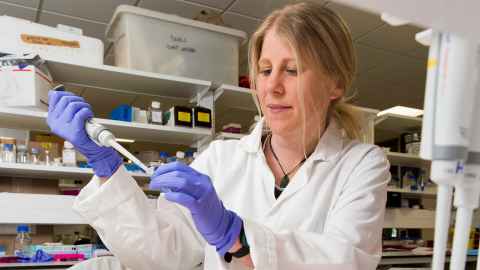
Discover some of the exciting research happening in the School of Biological Sciences with interviews from early-career and up-and-coming academics.
Pānui tonu | Read more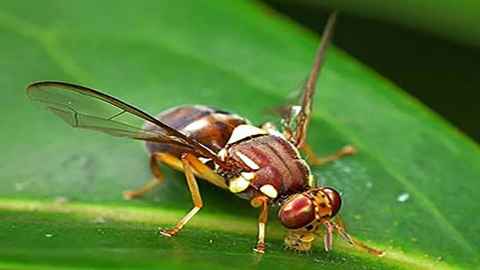
Find out more about our collaborative research partnerships with New Zealand's Public Research Organisations.
He whakamārama atu anō | Learn more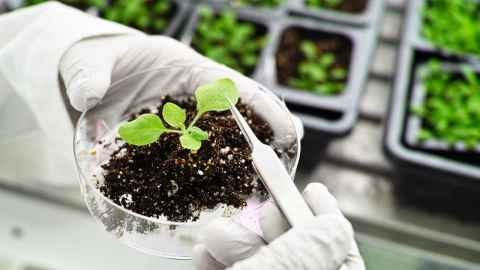
We foster strong collaborative relationships with several prominent New Zealand research organisations.
He whakamārama atu anō | Learn more


